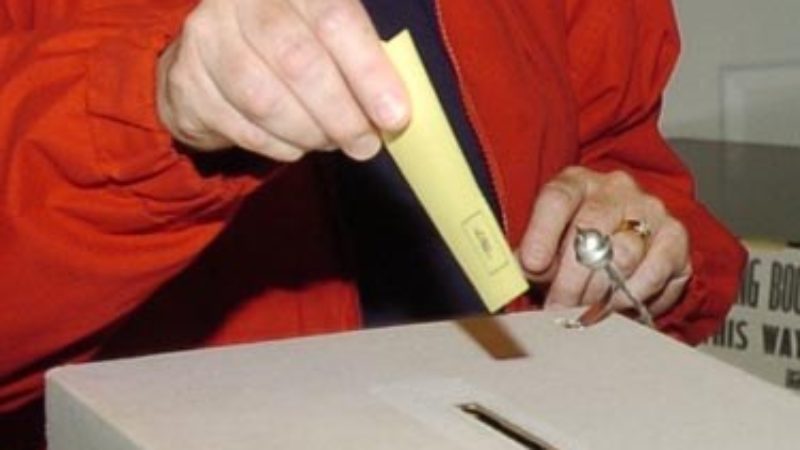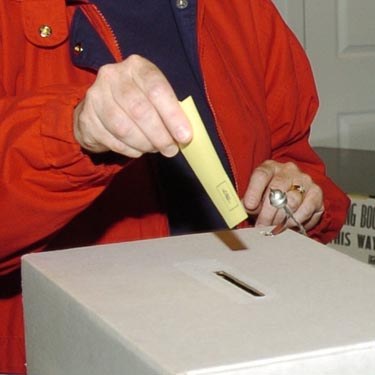

If you were young in the 1980s, at school or college, and paying even just a bit of attention, it was clear that something dramatic was happening to the country. It was an angry time, a raucous time. Every Tuesday and Thursday, when parliament was sitting, Neil Kinnock would get up and hurl a few fiery questions at Mrs Thatcher, which she would, equally angrily, refuse to answer, or at least answer in her own particular way. When I think about the 1980s the first thing I remember is the shouting.
The political convulsions were great: the 1981 budget, which raised taxes aggressively and sent Britain deeper into recession, the Falklands War, the Brighton bomb, the miners strike, Militant, Westland, Wapping, Hillsborough. Unemployment reached three million and once great industries – steel, shipbuilding, coal – shrank. “Big Bang” transformed the City of London. Large parts of the country suffered enormous and destructive change. Meanwhile, state-owned industries were privatised. Britain was reshaped and remade.
The journalist Anne McElvoy came up with the label “the Jam generation” to describe politicians who came of age at this time. Nothing to do with fruit and sugar – rather she was referring to The Jam, whose angry and passionate songs echoed out through this decade. (“Tonight we burn responsibility in the fire” declared the group’s lead singer Paul Weller in the band’s 1981 hit “Funeral Pyre”.)
I suppose some people must still be sitting on the fence as far as the 1980s is concerned. But mostly you either loved it or hated it. You saw Britain being set free or large parts of it being destroyed. You were happy or angry, for it or against it.
The “Jam generation” now leads all the main political parties. (Even Nigel Farage, who will be 51 next year, is part of this cohort, even if you would probably have him down as belonging to a different crowd altogether). And the coming general election, only four and a bit months away, will be their biggest test yet.
Many are speaking of May 2015 as the most important election in a generation. All general elections get hyped, even when the public aren’t really terribly bothered. But this one does feel significant, in part because Thatcher’s children are now in charge, and events of the past, including some we didn’t know about at the time, are being seen in a fresh light and considered anew.
For example, regarding the miners strike, cabinet papers released after 30 years revealed that the Thatcher government did have – in spite of denials at the time – plans to close 75 mines at the cost of around 65,000 jobs, as Michael Dugher has explained.
Many former mining communities are still struggling to come to terms with the devastation that hit them. The Hillsborough inquest is currently uncovering horrifying tales of incompetence and dishonesty which surrounded the deaths of 96 innocent football fans in April 1989. The Metropolitan police now believes that accusations of sexual abuse and even the murder of children in a paedophile network in Westminster in the 70s and 80s have to be taken seriously and thoroughly investigated. The super, soaraway newspapers that delighted and entertained so many at this time built an empire that was eventually shamed by phone-hacking and criminality. (And that saga is not over yet: in the new year Andy Coulson will go on trial in Scotland charged with perjury, in relation to evidence he gave in December 2010 while still employed as David Cameron’s director of communications.)
Elections are about the future, not the past. But while the future is necessarily uncertain, we should at least be clear about how we got here. Understanding what is wrong with Britain today and how it could be made better must involve coming to terms with the past. We have an unproductive and unbalanced economy. Why? In part because manufacturing capacity, lost in the 1980s, has never been replaced. Do we want more of the same – low wages, low productivity – or something different?
At times in the past couple of years some have joked that it is the 1970s and 80s that have been on trial. You cannot put a decade or a generation in the dock. But next May, 36 years on from the election of Mrs Thatcher, another choice will face voters: between the continuity that is on offer from the sons of Thatcher, or change.
I think that a lot of people will feel that it is time for a change. May 7th 2015 will be a day of reckoning indeed.




More from LabourList
Government announce SEND reform in schools white paper
SPONSORED: ‘Industrial hemp and the challenge of turning Labour’s priorities into practice’
‘A day is a long time in politics, so we need ‘action this day’’